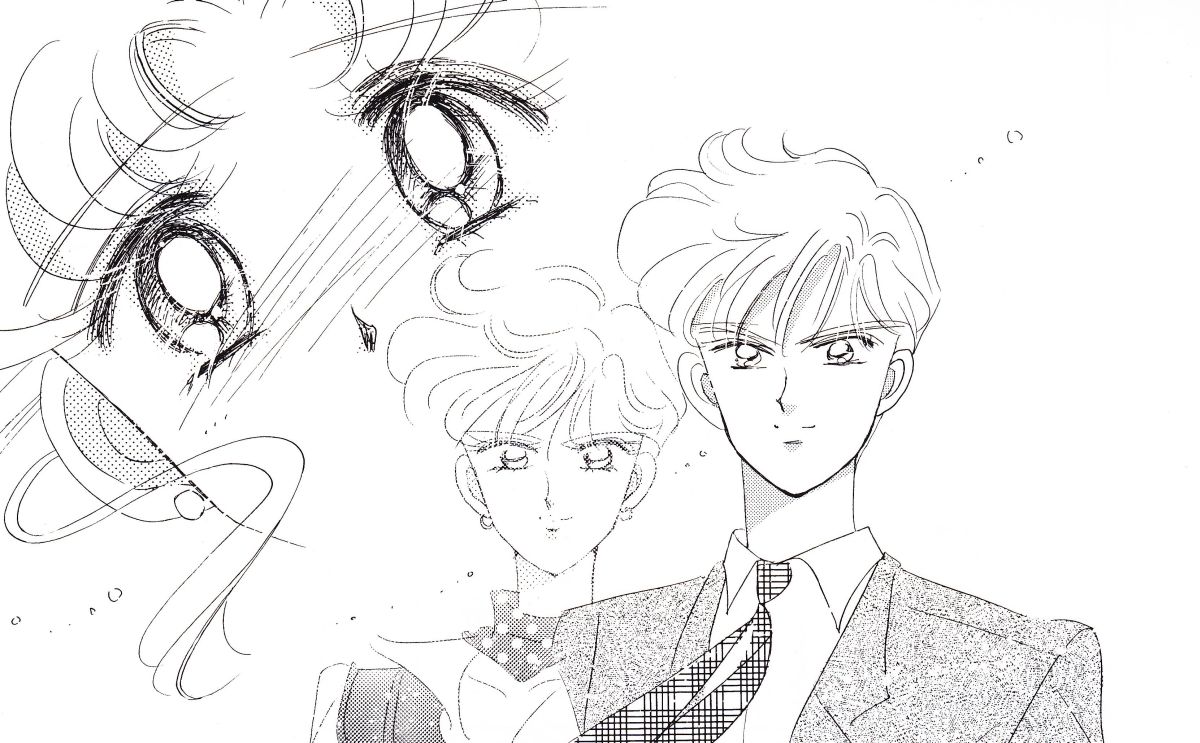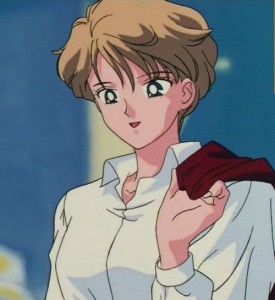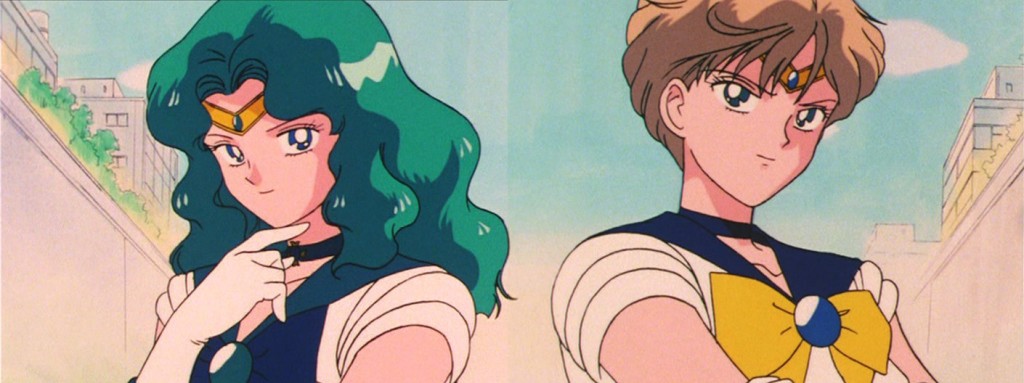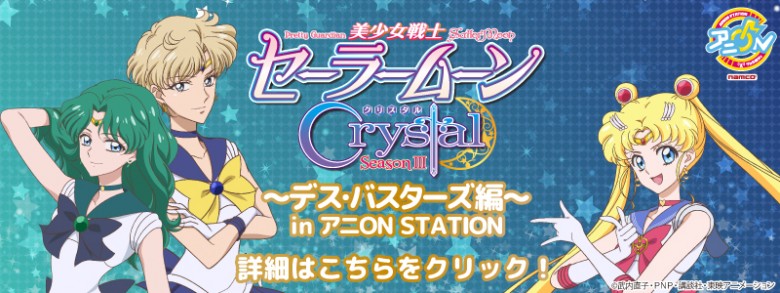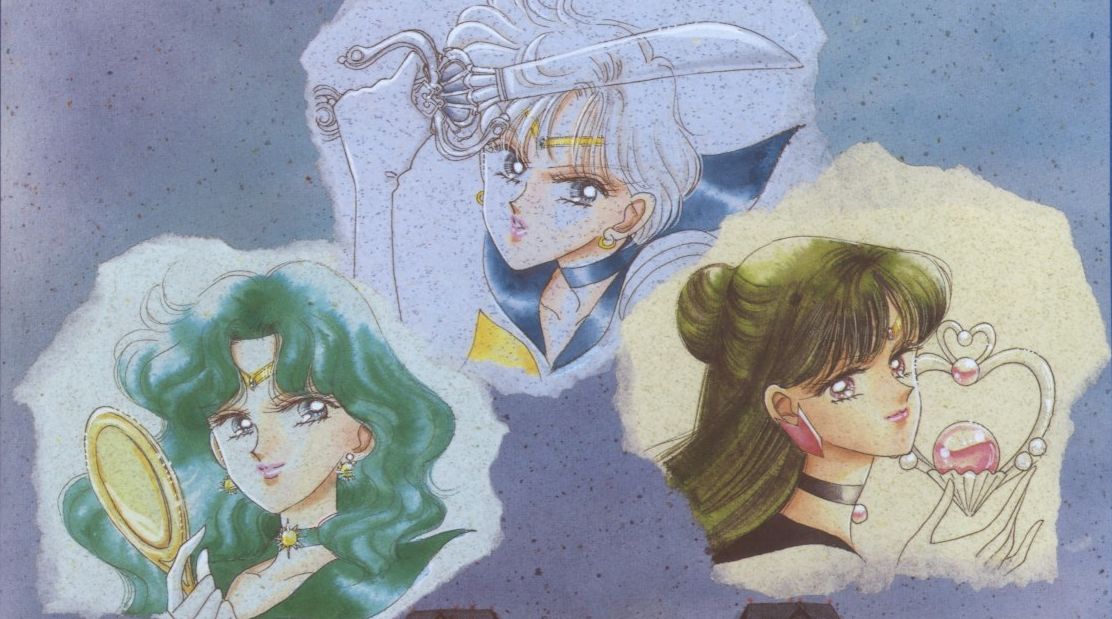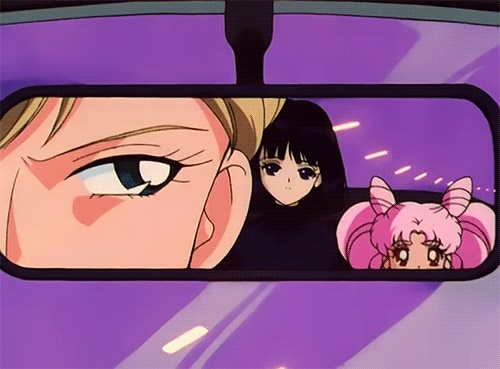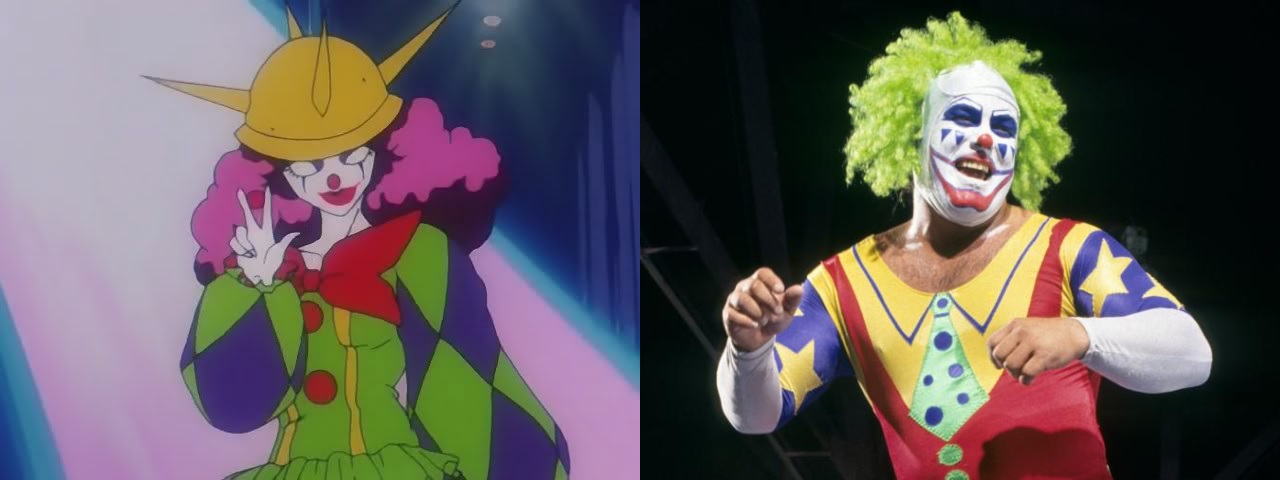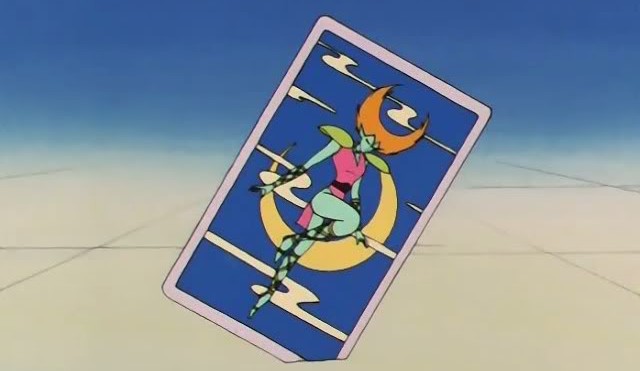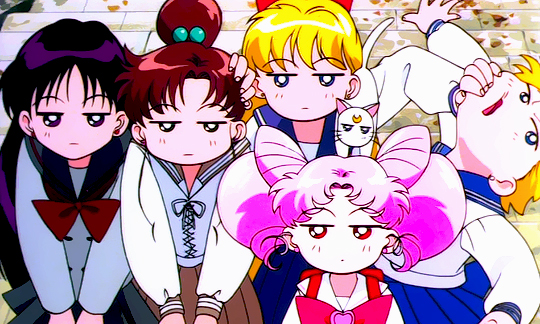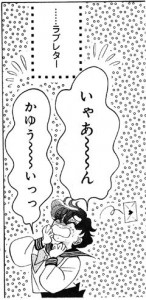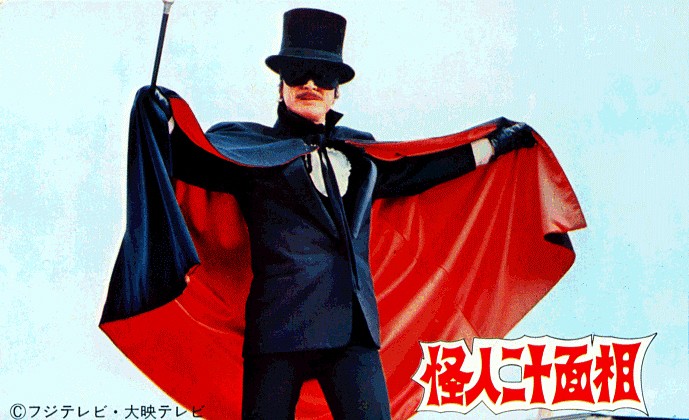I generally try to avoid topics that require an understanding of Japanese to begin with, since it’s much less fun for those involved and has a very “inside baseball”1 feel to it if you’re trying to follow along with a bunch of different terminology. Of course, it can be very interesting sometimes and since we’re talking about a series which has undergone many incarnations in being brought to the Western world, it definitely is worth discussing sometimes. The case of Haruka, and how her gender and sexuality is conveyed in the anime and manga, is certainly one of those issues worth a closer look.
Japanese, as I’m sure many of you are aware, has a lot of personal pronouns.2 In fact, if you take a look on the Japanese Wikipedia page,3 you’ll find that they list fifty-one different ways to say “I” or “me.” This leads to an interesting problem in translation, since in Japanese these all express information on the way that the speaker views both themselves and their relationship with the listener while there’s no other choice than to translate them all as “I” when putting it into English.4 While most anime fans have undoubtedly heard of the common terms like watashi, atashi, boku, and ore, there are many others like honshoku (本職; used in business correspondence, often by government officials) and wagahai (我が輩; used by kingly sorts and despots, like King Koopa from Super Mario and well known in the title of “I Am a Cat” by Natsume Soseki5) which, though slightly less common, are just as important to Japanese culture and communication.
So when it comes to Haruka, it’s obviously a great point of interest how she refers to herself, since it expresses a part of her character that doesn’t really come across in English. While researching this, though, I came across an interesting issue: the anime and the manga treat Haruka’s use of personal pronouns differently… and in a pretty peculiar way.
How does the anime treat it? Well, irrespective of whether she is Sailor Uranus or Haruka (and both before and after Usagi discovers Haruka is female), she refers to herself using the pronoun boku, which is typically reserved for males but is not seen as completely verboten when used by younger girls and up through university. Where things get interesting, though, is in the manga. Ms. Takeuchi did not stick to just one personal pronoun for the character, but actually uses two – atashi and ore, which are seen as explicitly feminine and masculine, respectively. So when appearing as Haruka, she identifies herself more as a masculine and strong personality while taking on more of a feminine touch (on the same level as the way Ami refers to herself!) when in the form of Sailor Uranus.
To be honest, I’m rather disappointed that the anime did away with this for a simple across-the-board use of boku rather than going through the effort of trying to show Haruka as more of a fluid character, transcending above the simple male/female gender choice, as Ms. Takeuchi hinted at in the manga by switching between two extremes.
Ultimately, this is all a relatively minor issue, but it’s unfortunately one that’s lost in translation since there really aren’t any direct ways to address it in English other than changing the rest of the character’s speech patterns. I’d love to hear about how other translations dealt with it, though. Especially ones which do have gendered pronouns!
